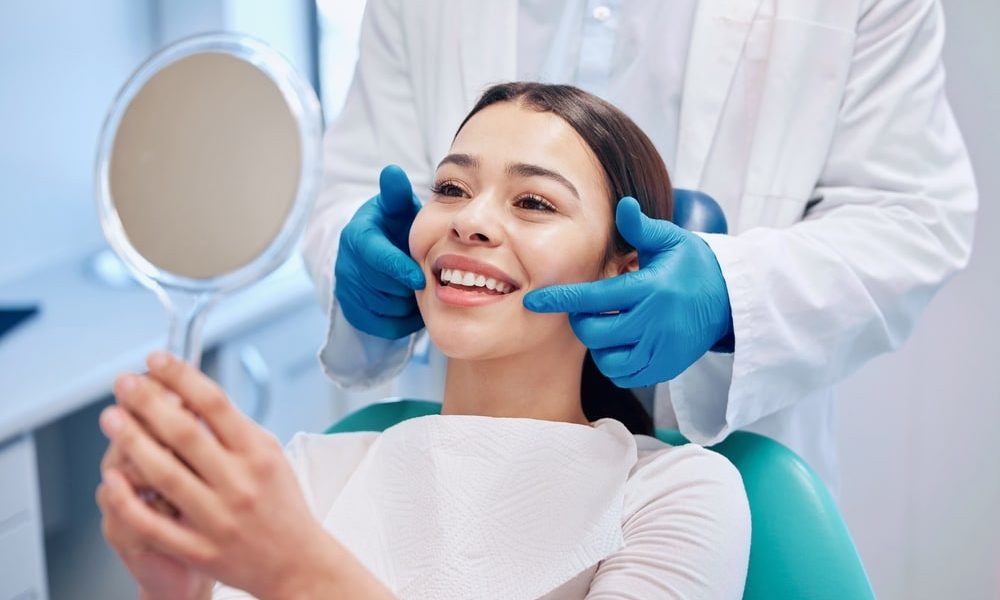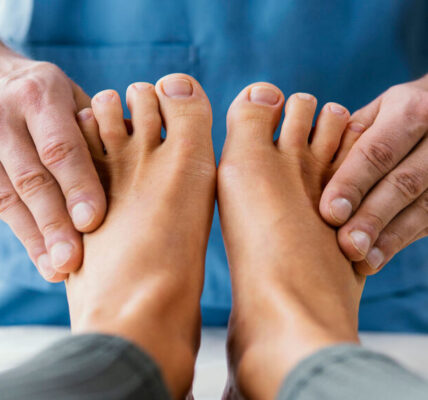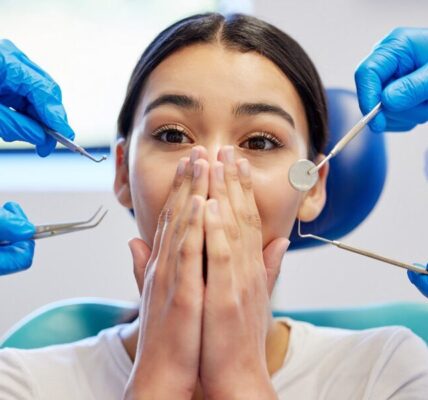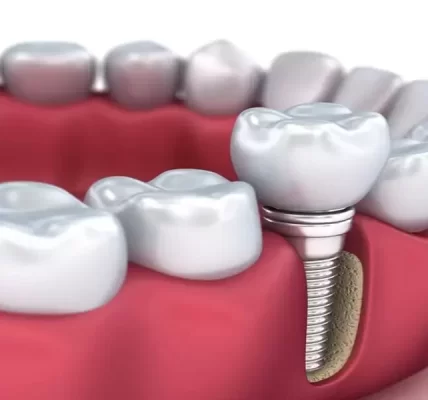Sleep apnea is a common severe sleep disorder characterized by repeated interruptions in breathing during sleep. These interruptions can lead to fragmented sleep and decreased oxygen levels in the body, resulting in various health issues, including fatigue, cardiovascular problems, and impaired cognitive function. One effective treatment option for sleep apnea is using oral appliances, which can significantly improve sleep quality. For those needing comprehensive dental care, including dental implants Honolulu HI, understanding sleep apnea appliances can be vital for overall health.
What are sleep apnoea appliances?
Sleep apnoea appliances, or mandibular advancement devices (MADs), are custom-made oral devices designed to keep the airway open during sleep. They work by repositioning the lower jaw (mandible) and tongue forward, preventing the airway from collapsing. These appliances are often recommended for individuals with mild to moderate obstructive sleep apnea (OSA) who prefer a noninvasive treatment option over continuous positive airway pressure (CPAP) therapy.
Benefits of sleep apnoea appliances
- Improved sleep quality: By maintaining an open airway, sleep apnoea appliances help reduce the frequency of apneic episodes, leading to more restful and uninterrupted sleep.
- Enhanced daytime functioning: Better sleep improves alertness, concentration, and overall quality of life. Many users report feeling more energetic and less tired during the day.
- Comfort and convenience: Unlike CPAP machines, which can be bulky and noisy, oral appliances are typically more comfortable and easier to travel in. They are custom-fitted to the individual’s mouth, making them less intrusive.
- Noninvasive treatment: Sleep apnoea appliances offer a nonsurgical alternative for managing sleep apnoea, making them an appealing option for many patients.
- Potential for dental health benefits: Addressing sleep apnoea can positively impact oral health for individuals considering dental implants. Poor sleep quality can exacerbate dental issues, and by improving sleep, patients may experience better overall oral health.
The process of getting a sleep apnoea appliances
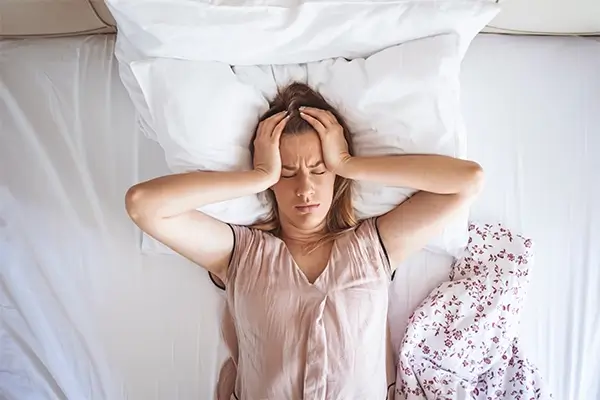
- Consultation: The first step is to consult a dentist or sleep specialist who can evaluate your symptoms and determine if you have sleep apnea. A sleep study may be recommended to assess the severity of the condition.
- Custom fitting: If an oral appliance is deemed appropriate, the dentist will take impressions of your teeth and create a custom device tailored to your mouth. This ensures a comfortable fit and optimal effectiveness.
- Adjustment period: Once you receive your appliance, there may be an adjustment period as you get used to wearing it during sleep. Your dentist will provide guidance on how to activate this device.
- Follow-up appointments: Regular follow-up visits are vital to monitor the effectiveness of the appliance and make any necessary adjustments. Your dentist will also check for any potential side effects, such as changes in bite or jaw discomfort.
Sleep apnoea and dental health
- Healing and recovery: Quality sleep is vital for healing dental procedures, including implants. Poor sleep can hinder recovery and affect the success of implants.
- Reduced risk of complications: Sleep apnea can lead to increased risk during dental procedures, particularly those requiring anesthesia. Addressing sleep apnea beforehand can help mitigate these risks.
- Overall health: Sleep apnea is associated with various health issues, including hypertension and heart disease. By managing sleep, apnoea patients can improve their overall health, which benefits dental and general well-being.
Conclusion
Sleep apnoea appliances present a practical and effective solution for individuals struggling with sleep apnoea. These devices can enhance daily functioning and well-being by improving sleep quality and overall health. For those considering dental implants, addressing sleep apnea is important as it can influence recovery and the success of dental treatments.

